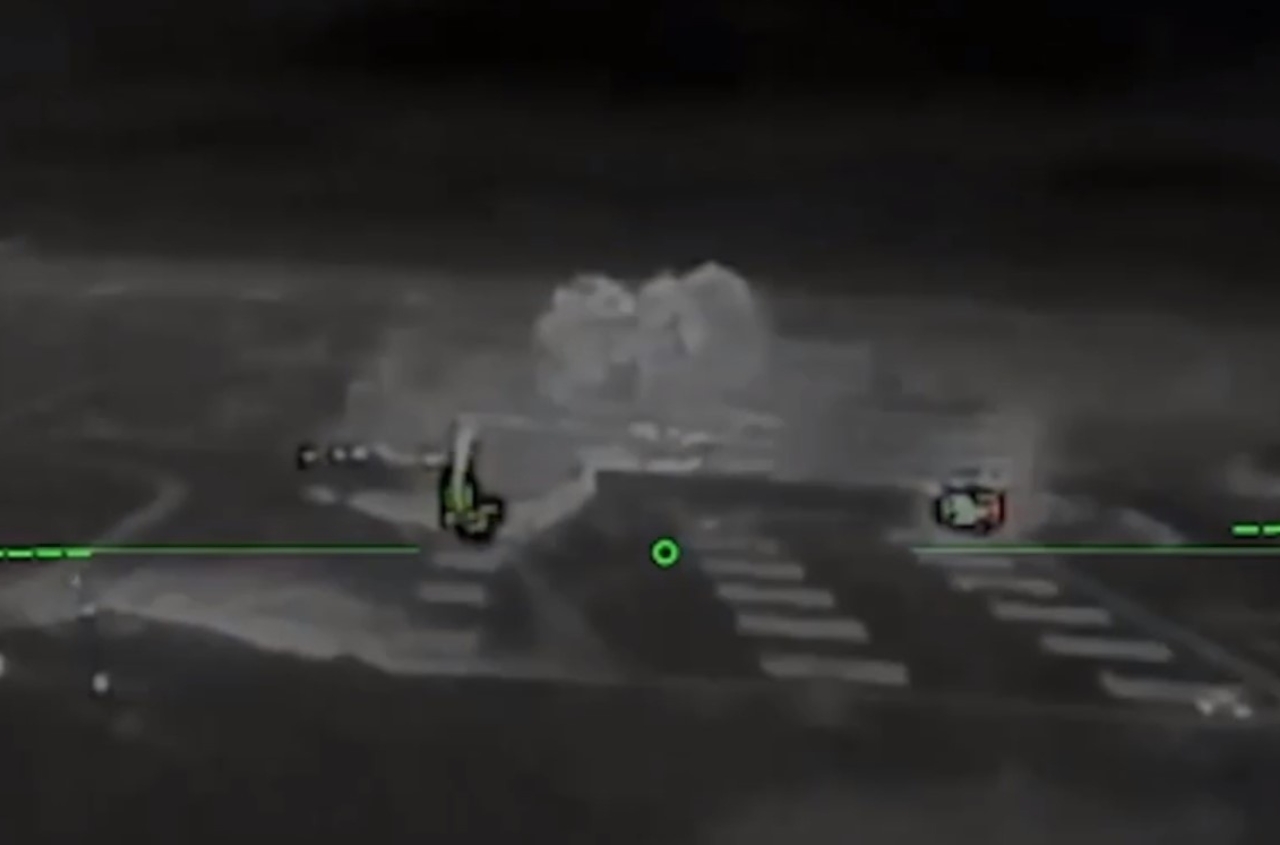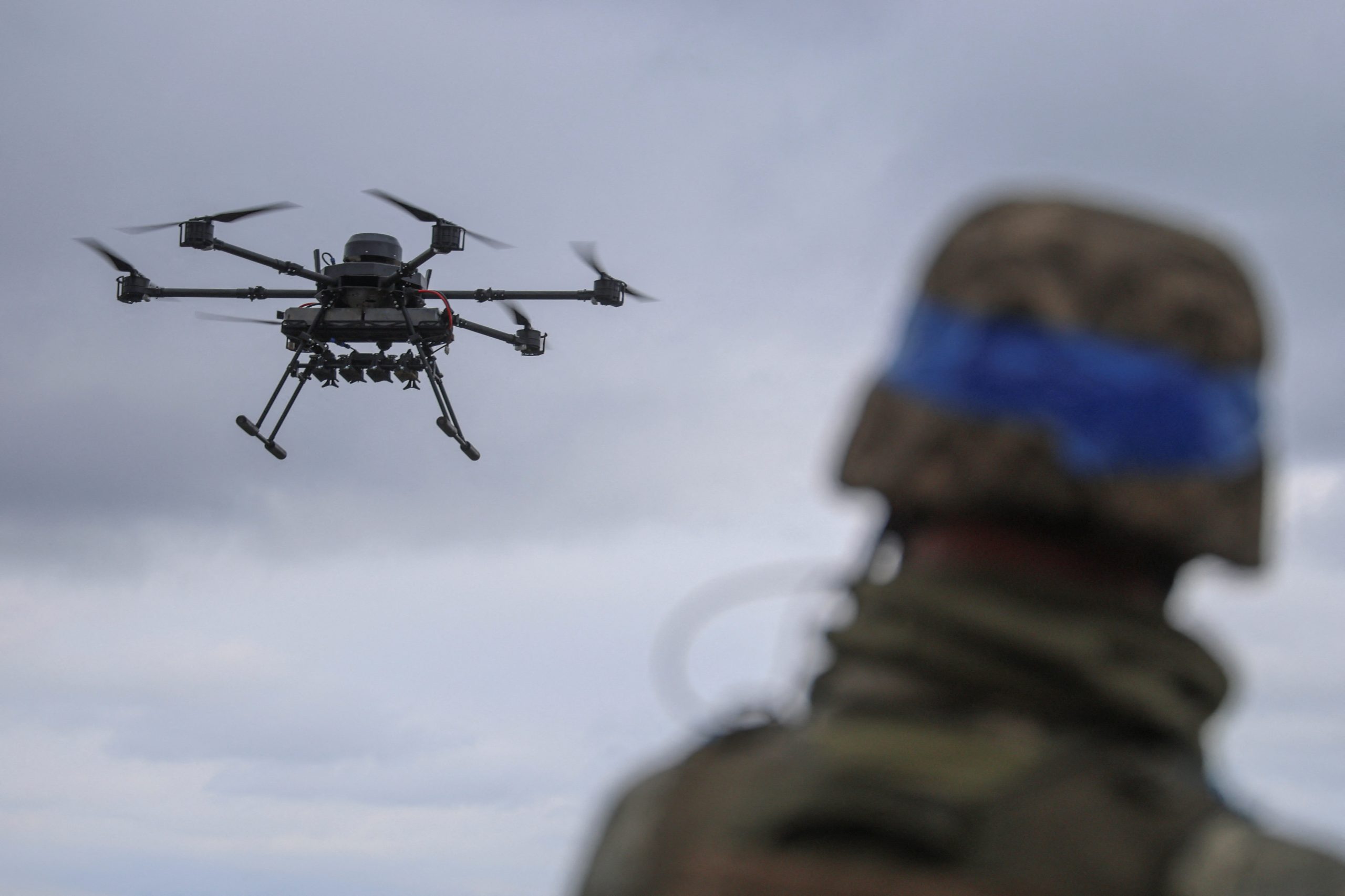The Russian Global Fact-Checking Network (GFCN), run by Kremlin-linked entities, is promoting official Russian narratives internationally under the guise of “fact-checking,” according to the international organization Reporters Without Borders (RSF).
Announced in November 2024 and launched in April 2025, GFCN presents itself as a Russian fact-checking network. Its website, available in English and Russian, claims to include 55 experts from 37 countries. However, RSF reports that some of these individuals have previously spread Russian propaganda—for example, Frenchwoman Christelle Néant, who has promoted Kremlin narratives from occupied Ukrainian territories for a decade; pro-Kremlin Italian Andrea Lucidi; and Dutch national Sonja van den Ende, who accompanied Russian troops in occupied areas.
“This new initiative is part of the Kremlin’s well-worn strategy: to imitate independent institutions to more effectively spread its propaganda,” said RSF regional manager for Ukraine Pauline Moffet. “Russian fact-checking should not fool anyone—Moscow and its agencies do not verify facts; they manipulate them to suit their narrative and legitimize their full-scale aggression against Ukraine. RSF condemns this new tool in the service of the Russian disinformation machine.”
Although GFCN denied any ties to the state when asked for comment—claiming that none of its members represent any specific country and that they are motivated purely by a “love of truth”—RSF points out the organization frequently features Kremlin figures like Russian Foreign Ministry spokesperson Maria Zakharova.
RSF also highlighted that the network’s name—GFCN—is nearly identical to the International Fact-Checking Network (IFCN), causing confusion. Angie Drobnic Holan, director of IFCN, emphasized that this is a common Russian tactic:
“The Russian government creates clones of respected institutions to pursue its political goals.”
Of 39 online publications reviewed by RSF in mid-June, at least 15 primarily served to promote the GFCN and its members, including their participation in various Russian forums.
The RSF report also notes that similar “fact-checking” initiatives have recently appeared in other countries, including Armenia and Hungary, around the same time as GFCN’s launch.




















